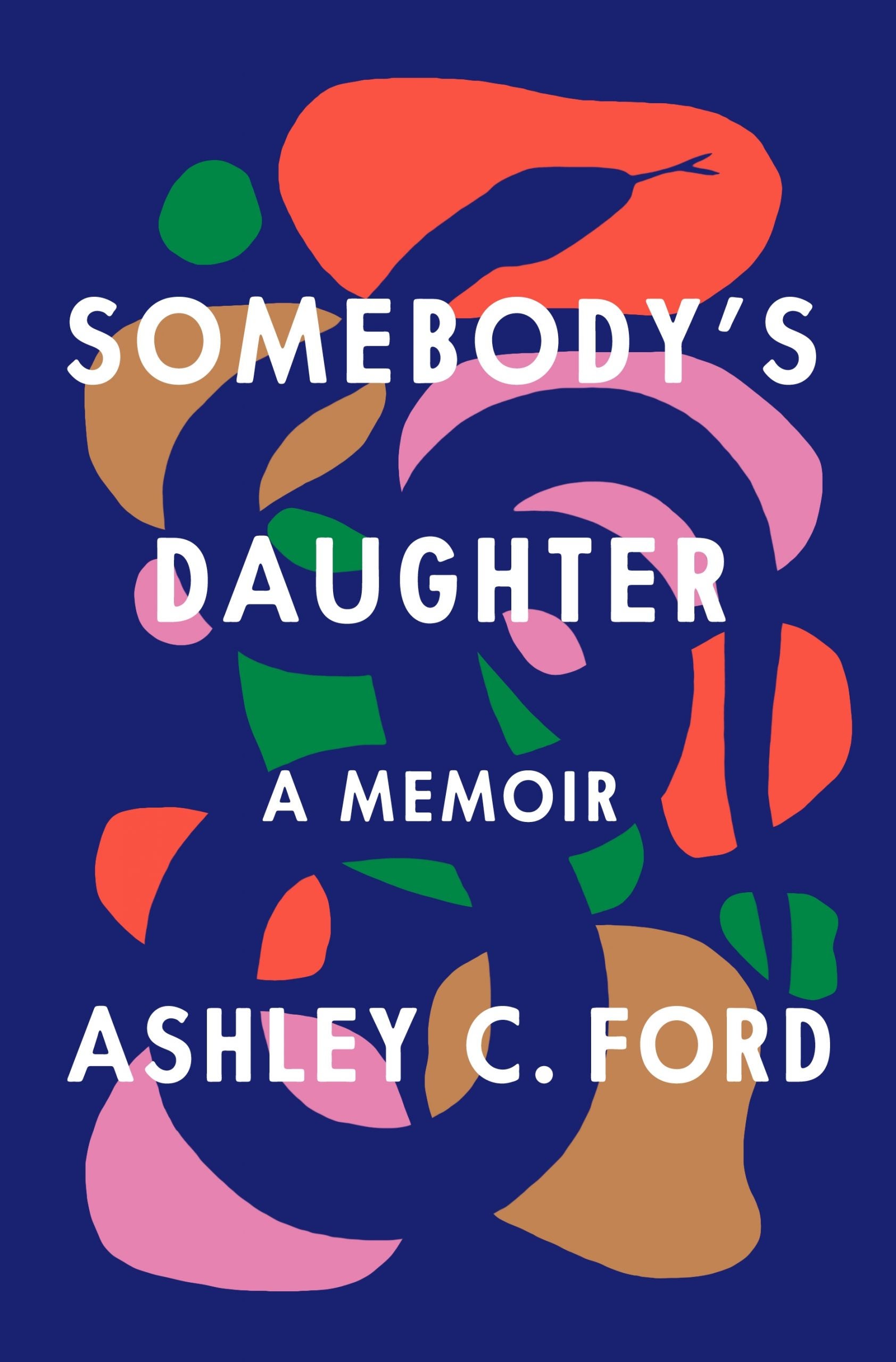Ashley C. Ford is a force in the media world. She’s profiled everyone from Missy Elliot to Billy Porter and Stacey Abrams for outlets such as Marie Claire, Elle, and New York Magazine. Her podcast game is strong, whether illustrating how Fortune Favors the Bold or breaking down episodes of Lovecraft Country. And this month, we get to see Ford’s gift of storytelling applied to her own life.
Somebody’s Daughter, Ford’s first memoir, opens with a letter her father sent her from prison and from there follows a vulnerable and lyrical account of the writer’s journey growing up as a poor Black girl in Indiana. The book is ripe with details of Ford’s difficult relationship with her mother and an equally trying battle with her own body after being sexually assaulted.
Upon the book’s release this month, we spoke with Ford about sharing these personal and familial tales with the world and Black women showing up for themselves.
What were some of the apprehensions you had about putting your story out there?
Ashley C. FORD: I mean, keeping it totally frank, you know how it is, black people don’t tell their business. You don’t tell your business, you definitely don’t tell your family’s business, you know what I mean? I had this idea in my head that to talk about what had happened to me would be a betrayal to the people who were around me when I was growing up, that talking about those things and expressing my feelings about what happened would be in some way like saying I don’t love my family or I don’t care about my family or the people who were around me then. And I had to think about that really hard because I was talking to a therapist and they just point blank asked me, “Is that true? Do you not love your family? Do you not care about your family?” It’s like, “No, of course not.”
I realized the issue was that I was afraid that they would interpret it as though I did not. So I had to ask myself, am I responsible? Am I responsible for how they choose to interpret my actions or my expression of self? And I came to the conclusion that I am not responsible for that. I’m willing to hear about it, I am willing to hold them through it, I am willing to love them through it, but I am not responsible for how they choose to react to my truth, no.

I think you are about to free a lot of people with that nugget right there.
FORD: I felt a lot freer after I realized it. You’re standing in the center of yourself and you’re asking, “Am I allowed to be who I am right now?” I’m not harming anybody. I am not being malicious toward anyone, but am I allowed to be who I am even in that?” And the answer is always yes, yes you are. And if somebody can’t deal with that, then what were they dealing with in the first place? Who were they dealing with? Because it wasn’t you. You don’t show up as you, you don’t act like you, you put on a different face, you put on a different persona, you put on a different reality and you go step into their delusion with them every time you encounter them.
And I’m in love with reality. I can do something with reality. I can’t do anything with other people’s delusions or my own. I can hear about your perspectives, I can hear about your opinions, I can hear about your experiences, but I do not have to join you in delusions.
What did you learn about yourself from writing this book?
Ford: I realized that the patience that was never exhibited to me, the unconditional love that was never modeled for me, the compassion that I was begging for and never received from the people I wanted it from most, I can give myself those things now. That’s what I figured out in writing this book is that I can decide to be around people who love me and care for me in a way that makes sense to me. I don’t have to be loved by somebody else’s definition of love. I don’t have to let somebody else tell me this is a loving thing to do. If they don’t feel like love to me, then it’s not the love I need. And that includes from myself.
What is your hope for Black women who read this book?
FORD: I hope black women who read this book see themselves in all the best parts. And I hope that when they read my pain and frustration and confusion and all of those, and anger that is expressed in the book, that it assures them that expressing those things, expressing them, not holding them in, not drifting off into a dreamland, not dissociating, not looking for outward affirmation, but feeling those feelings is their divine right.
You don’t have to feel the way anybody else tells you to feel. Your feelings are yours. They are information from your body and your brain about who you are, about what you believe. What makes you passionate? What breaks your heart? What gives you joy?
You’re not leaving anybody behind by taking care of you first, you are preparing yourself to be a part of your family, your community, your relationship, and show up exactly as you are and exactly as you mean to.
The post Ashley C. Ford Shows The Strength Of Vulnerability In Her New Memoir ‘Somebody’s Daughter’ appeared first on Essence.


0 Commentaires